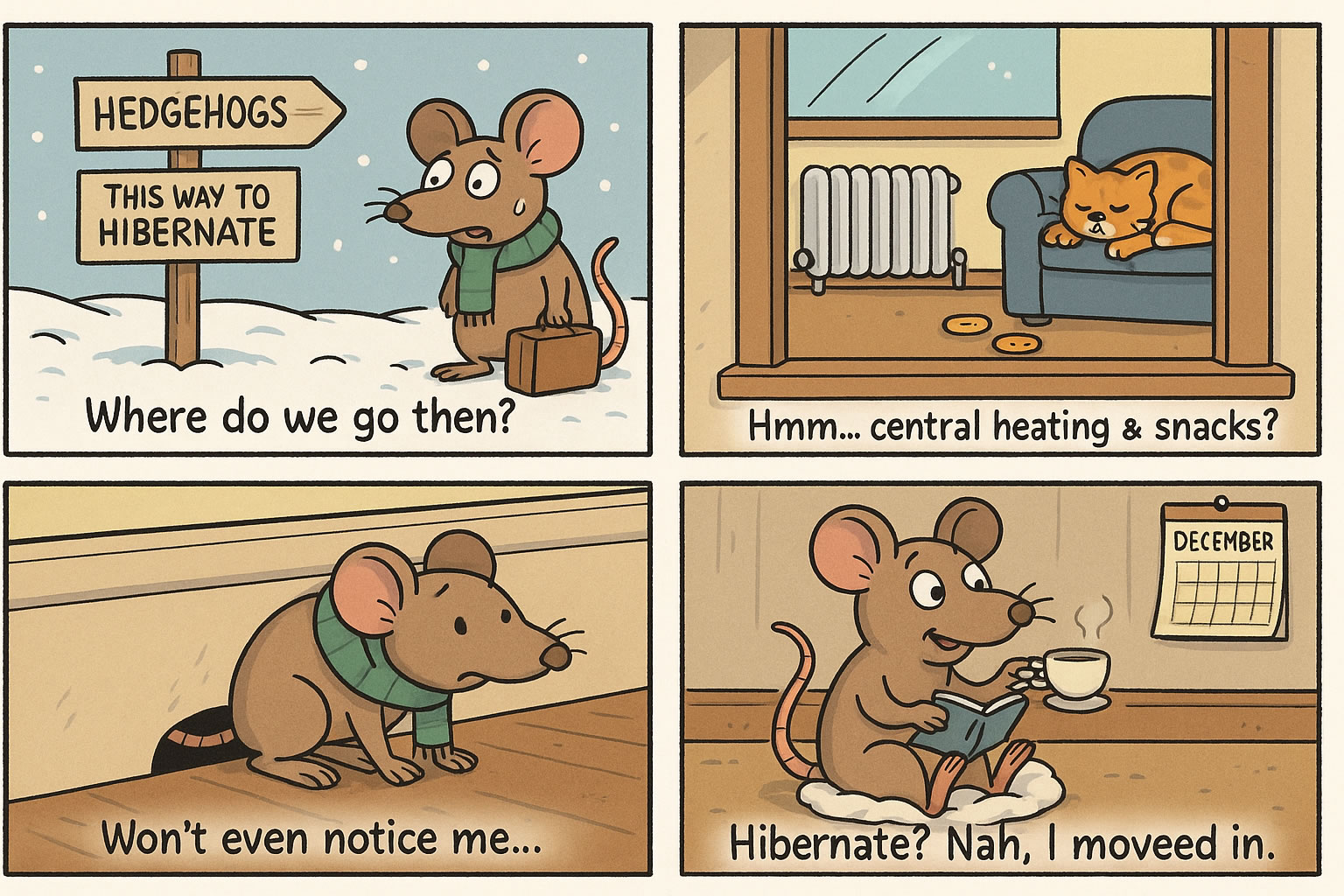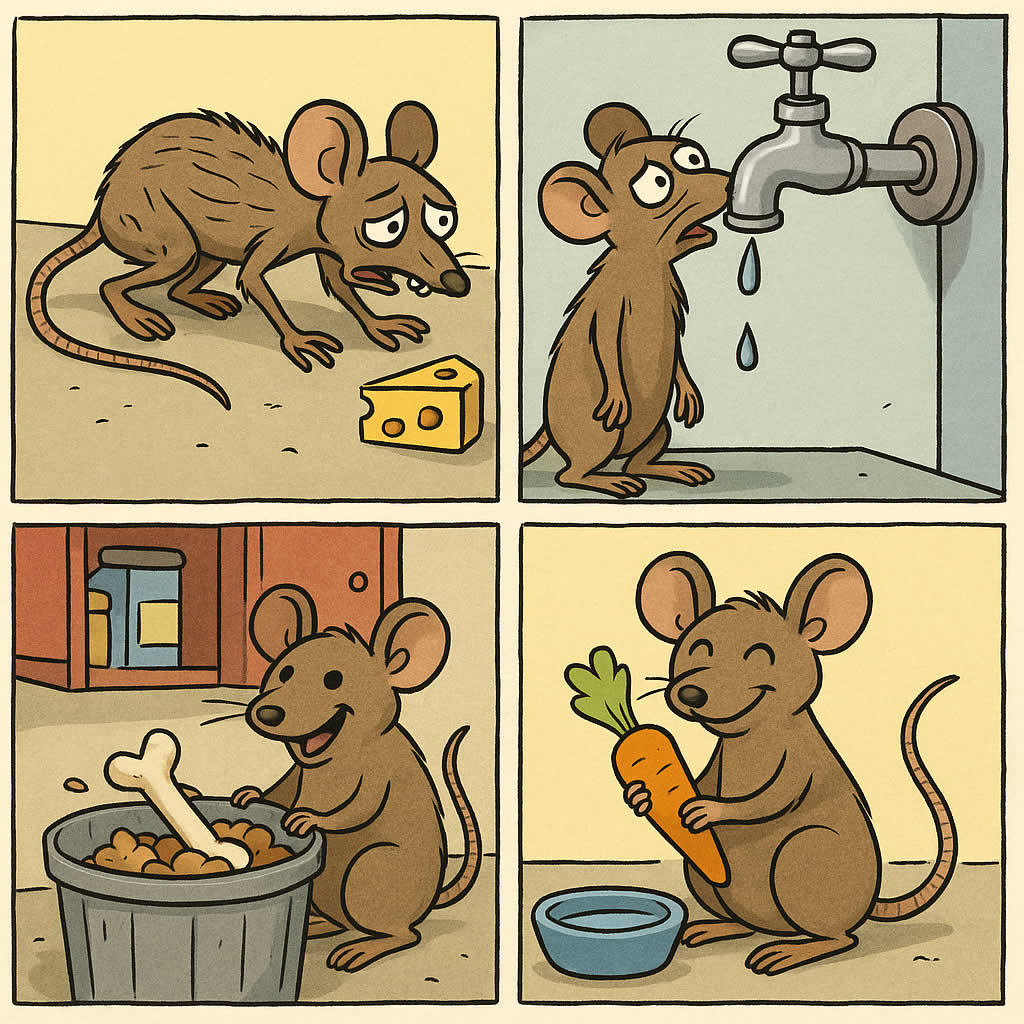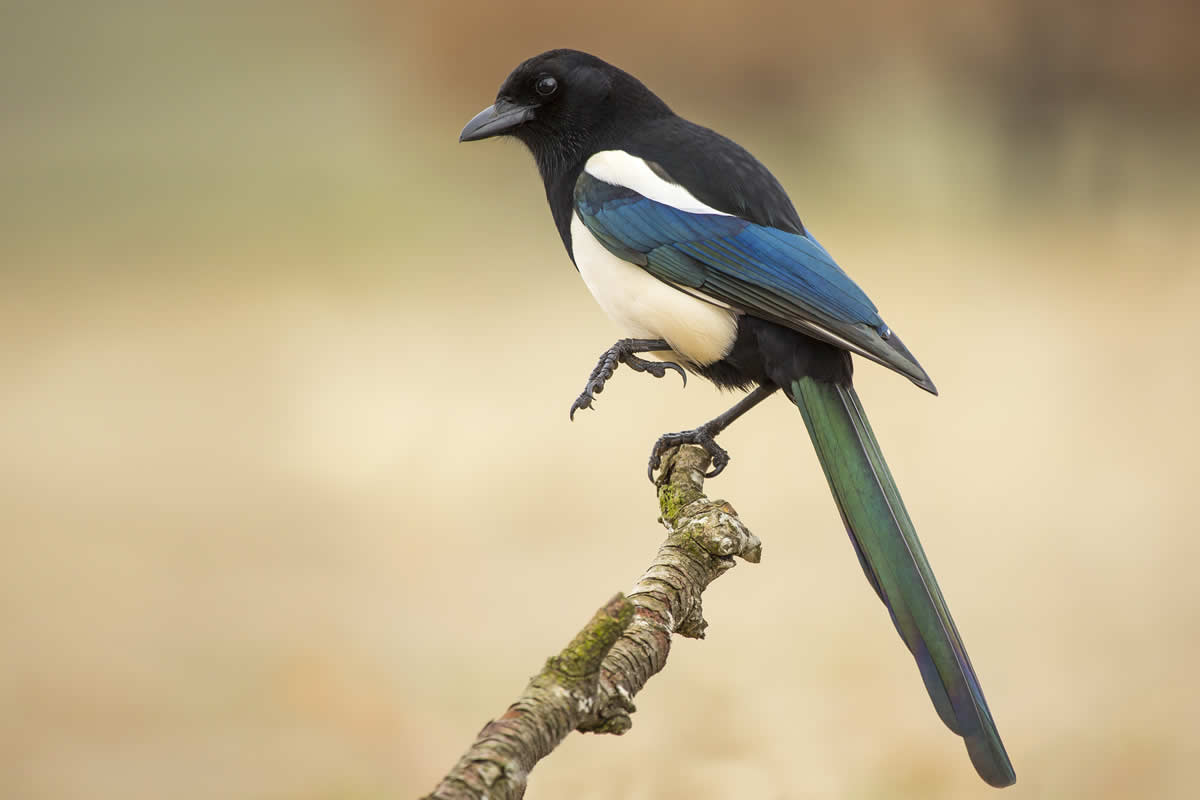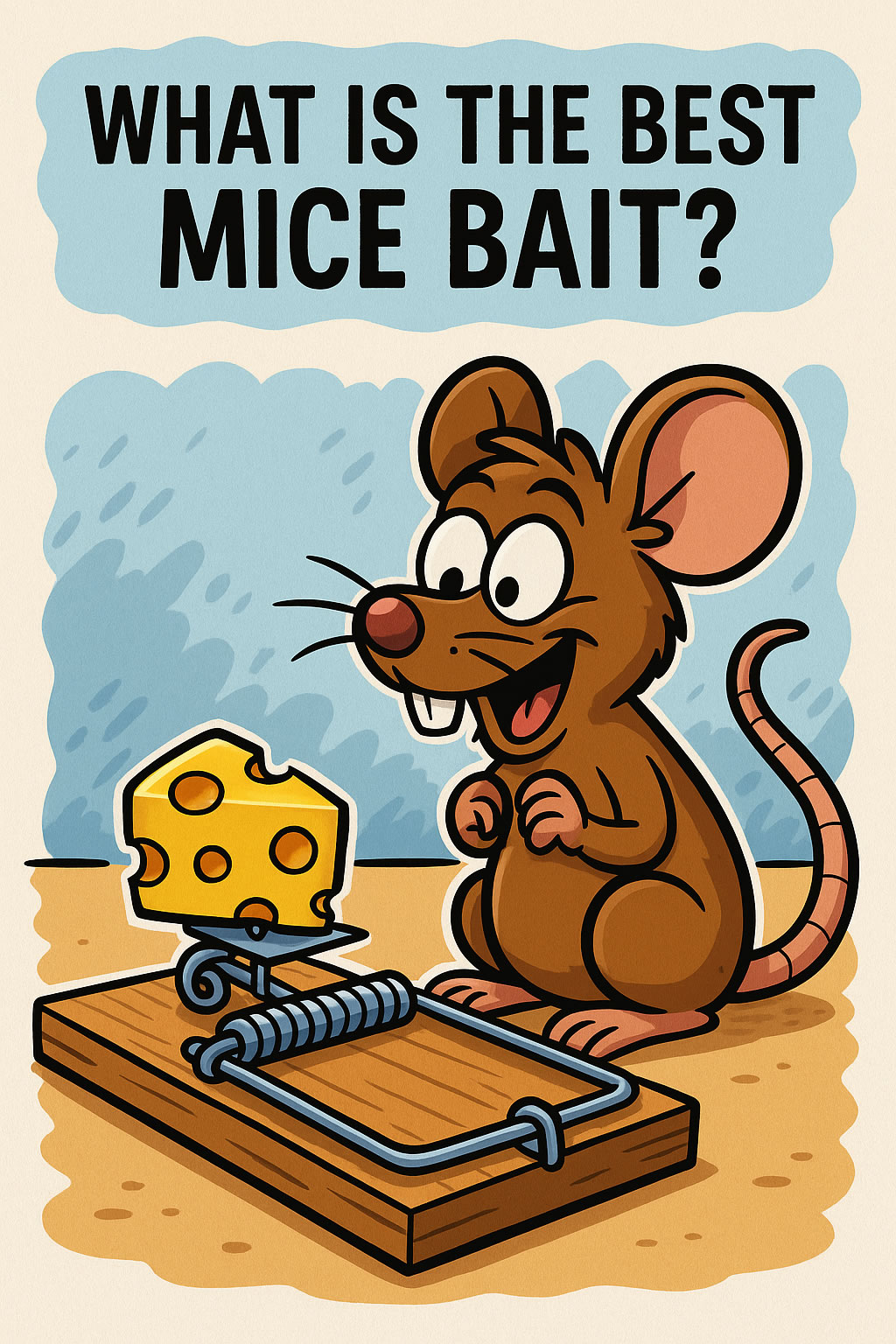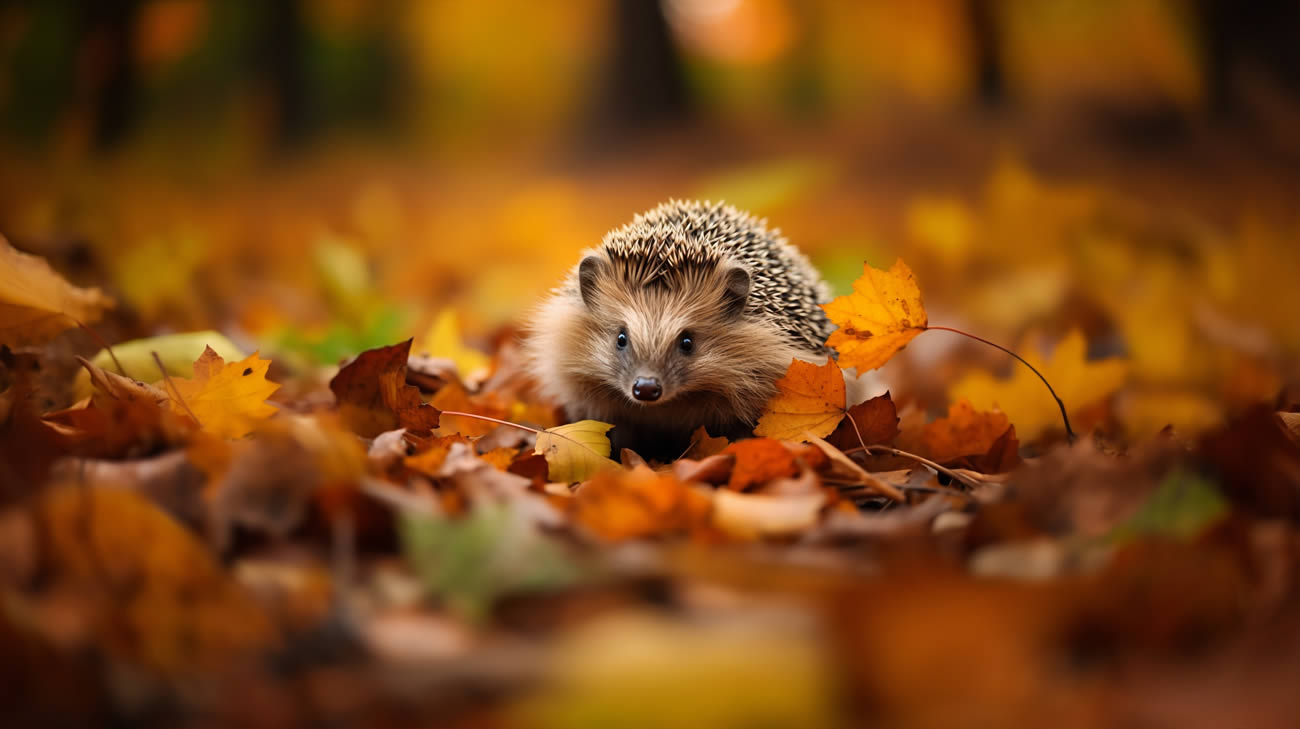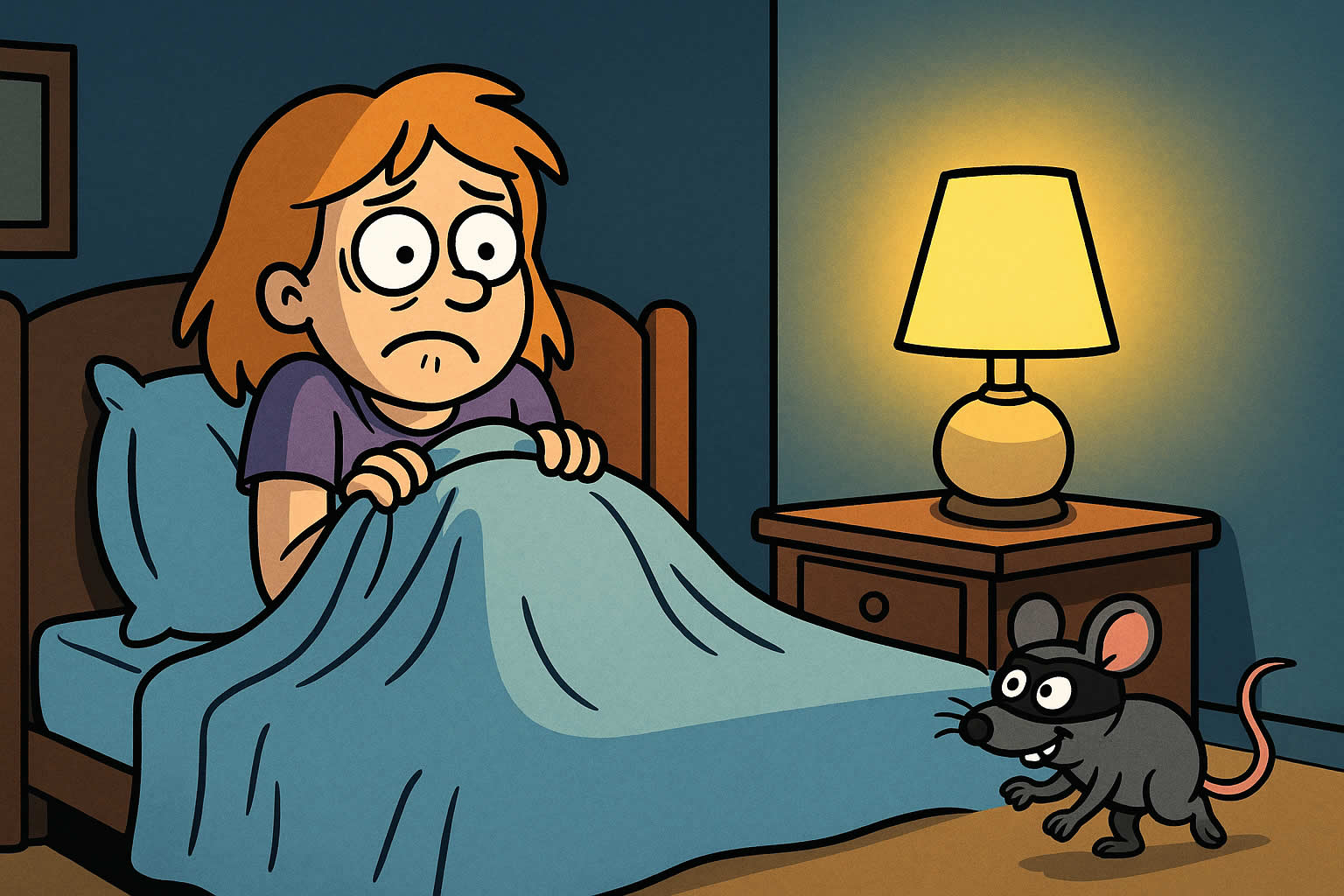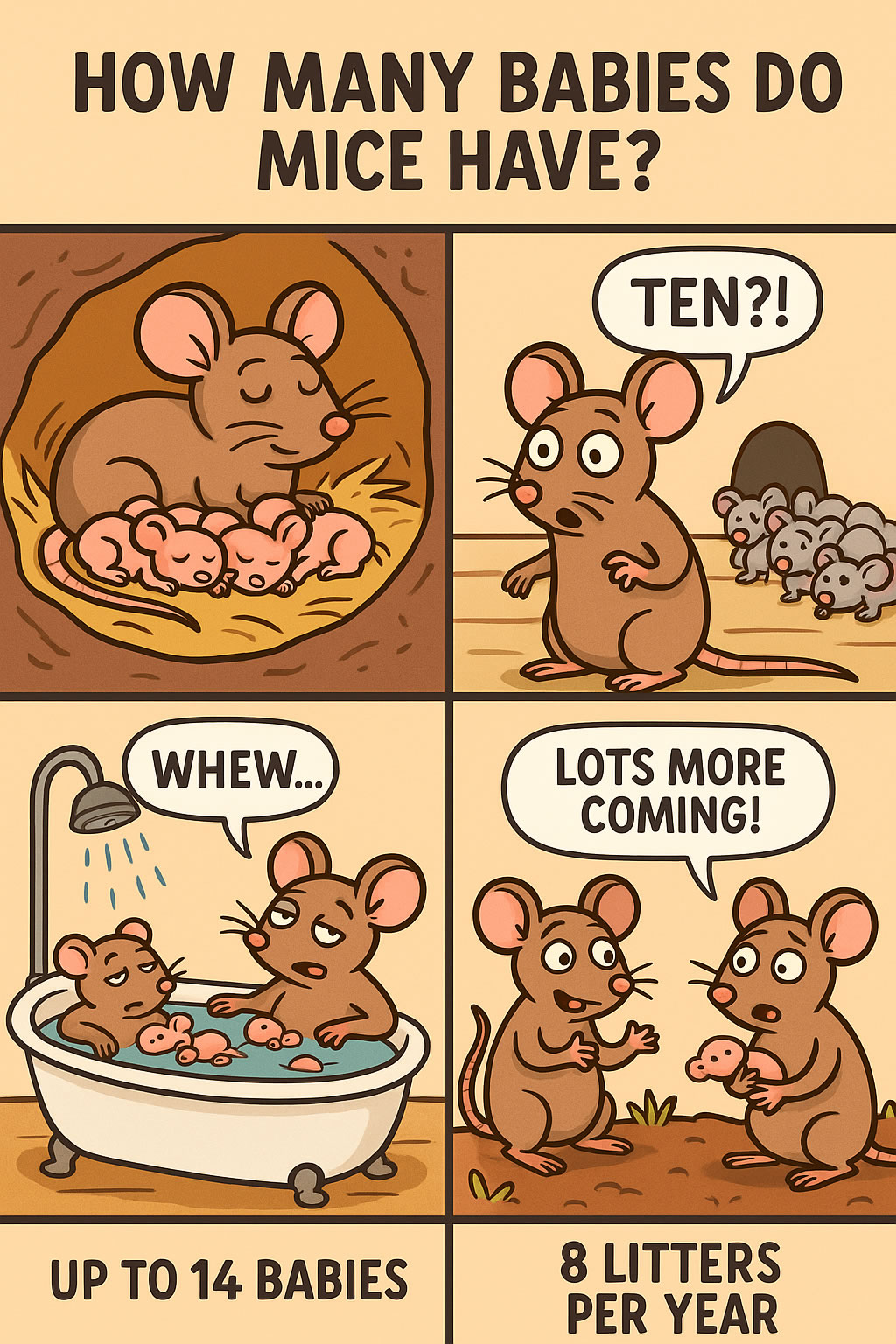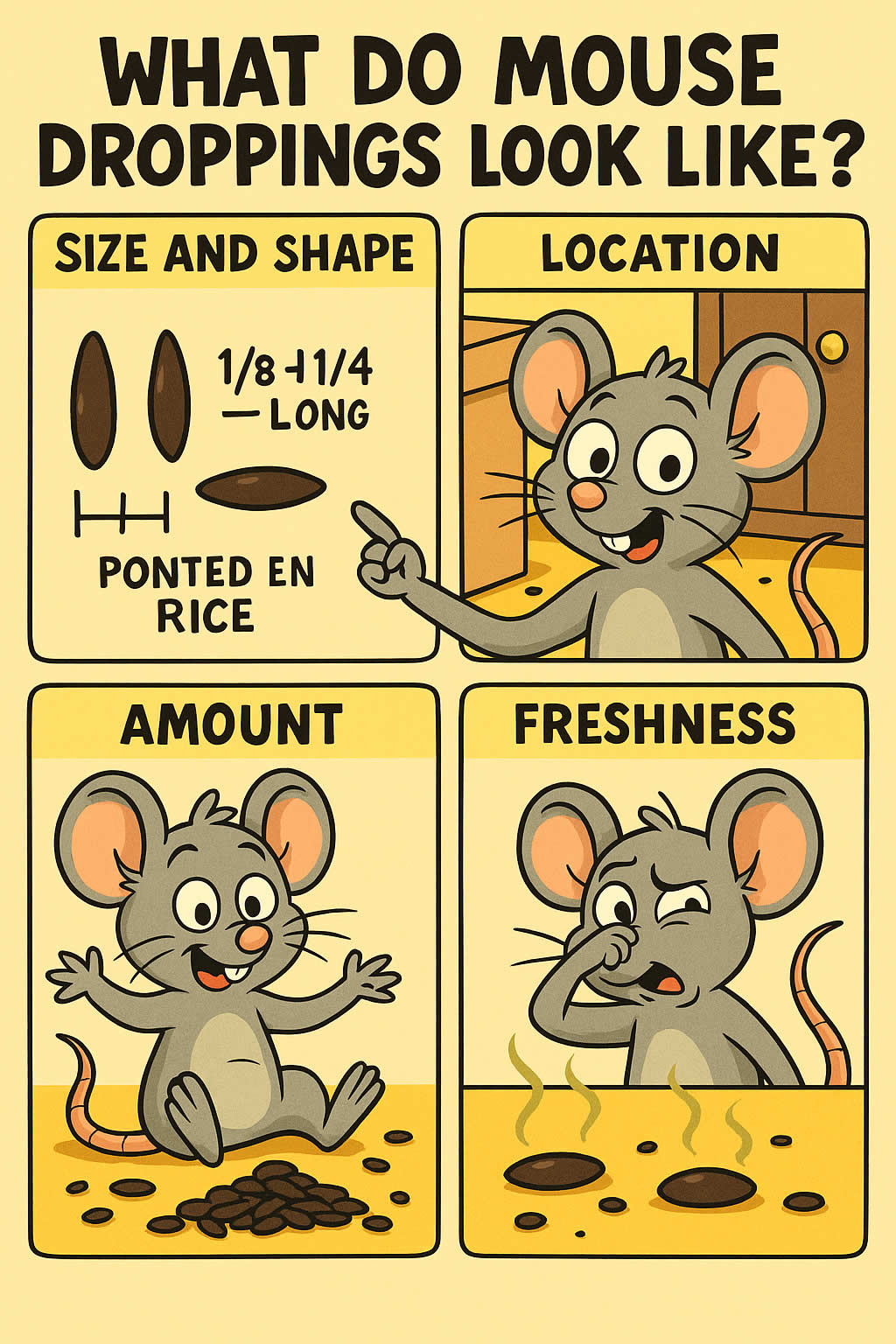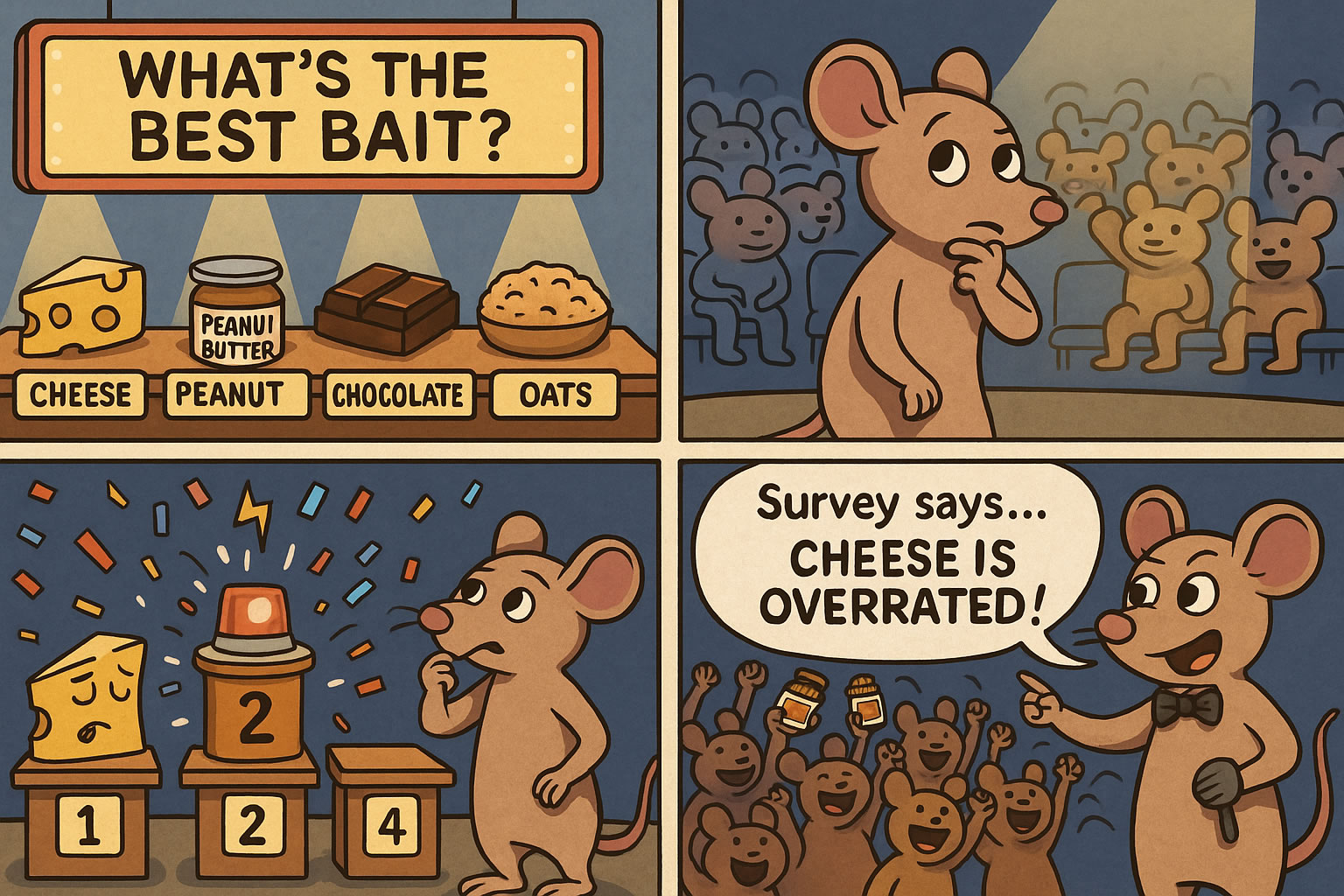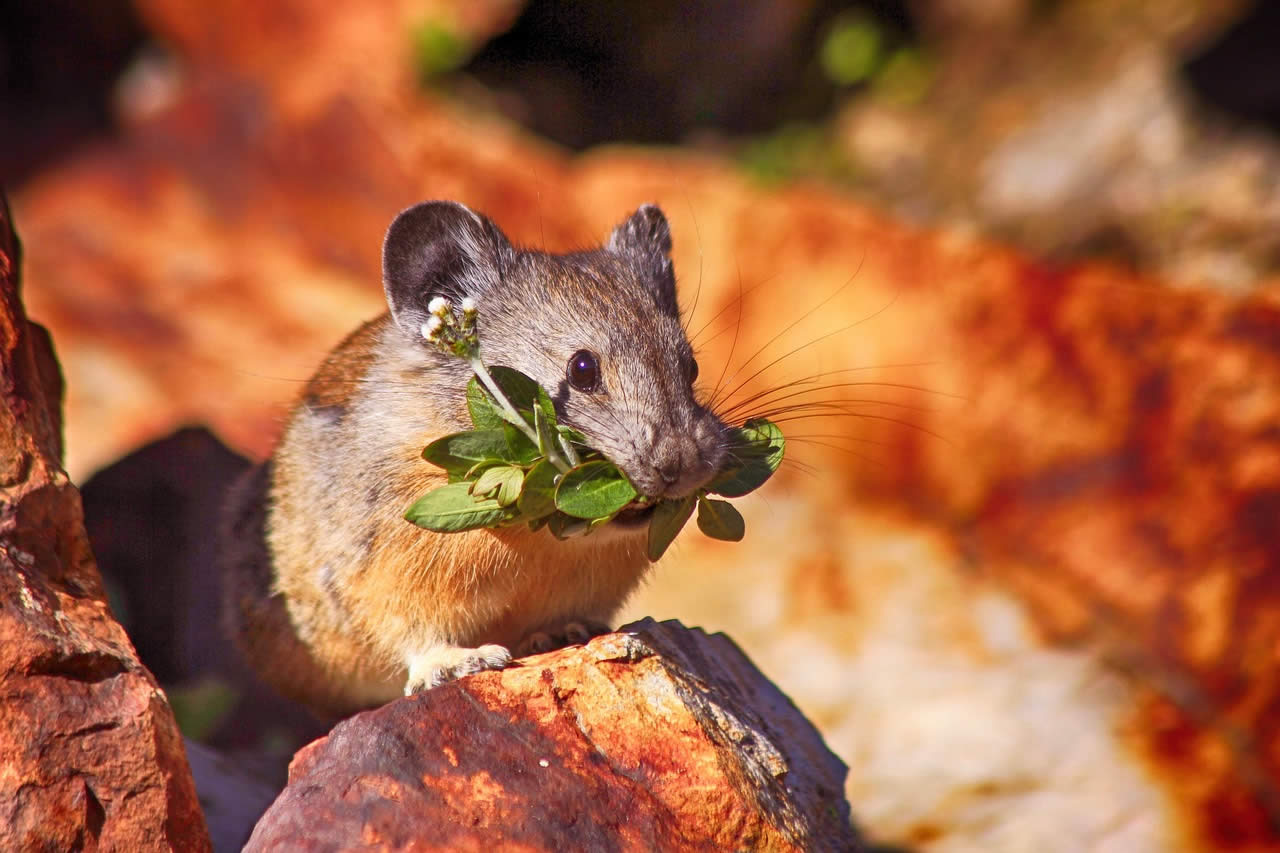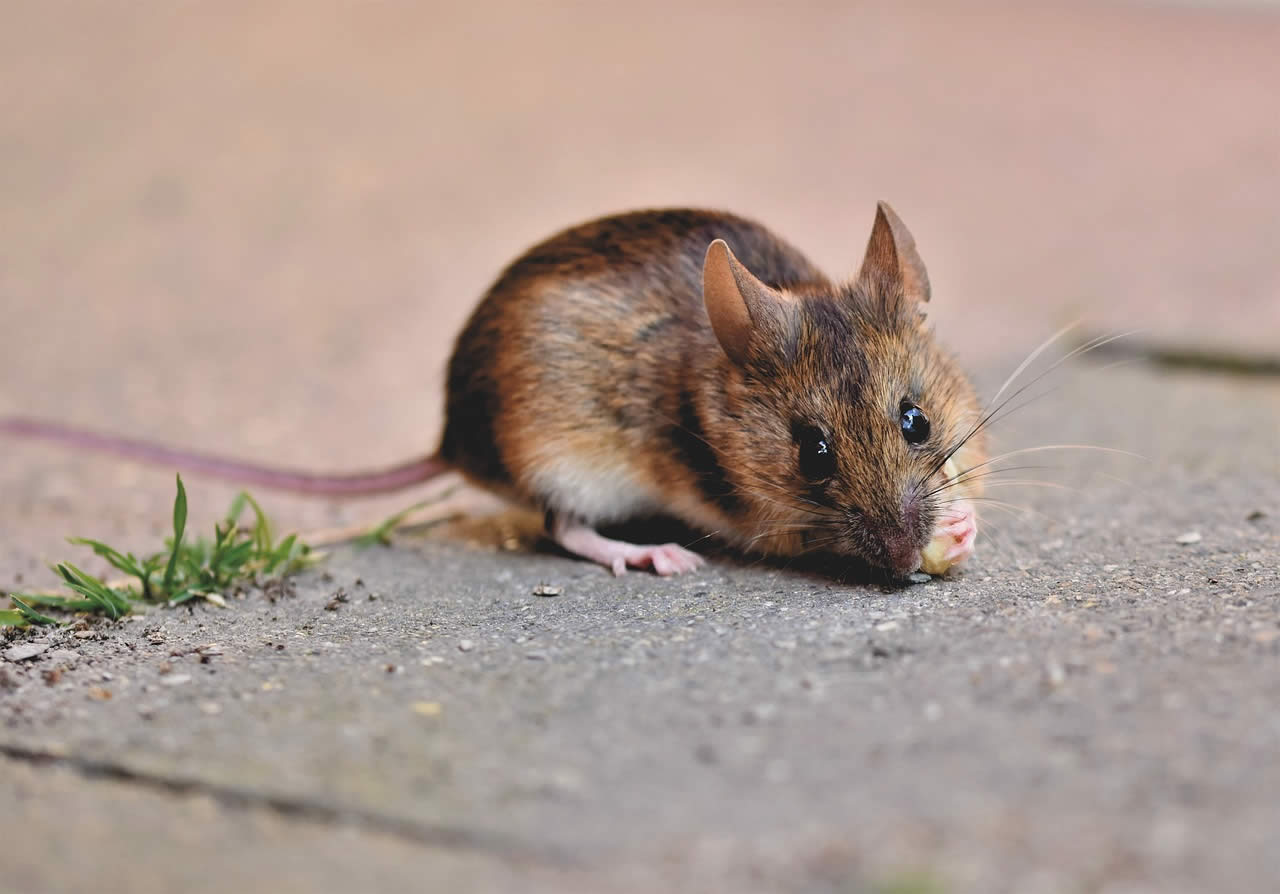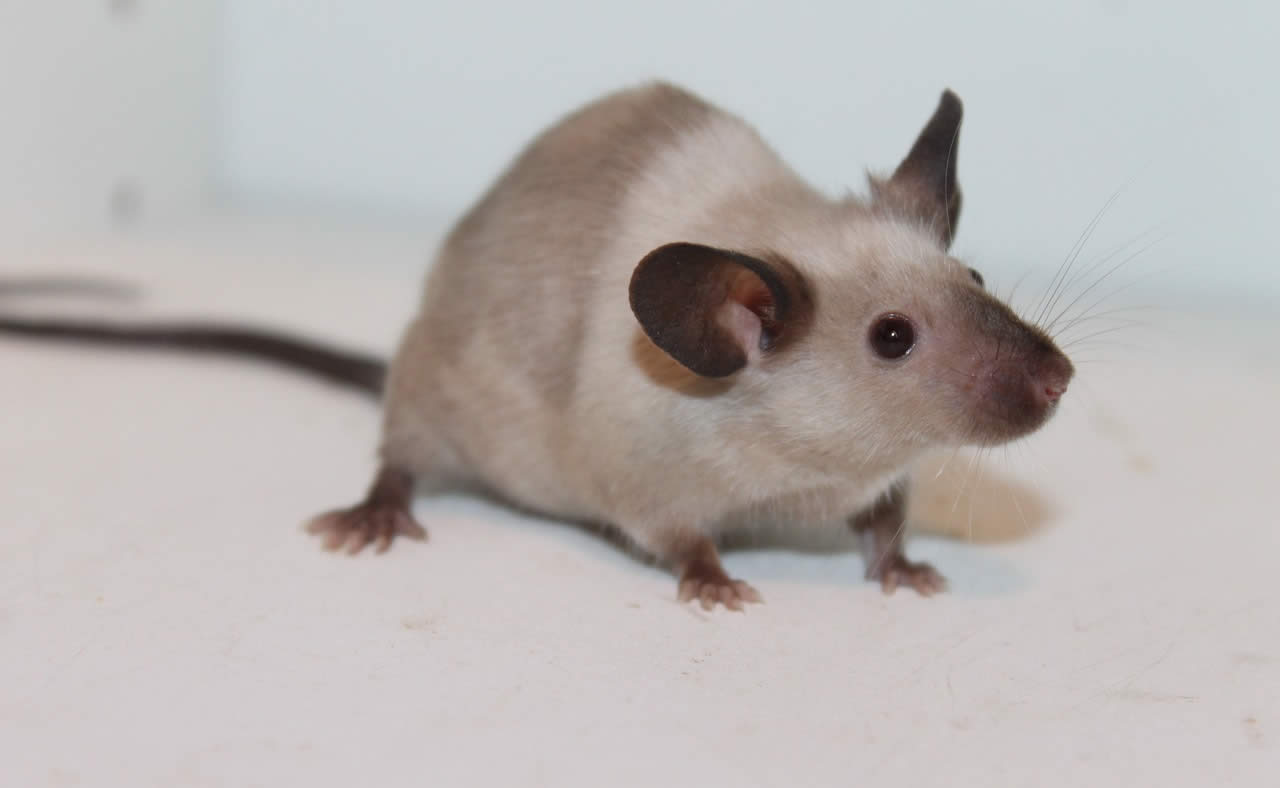Related Queries
ToggleIf you’ve been hearing scratching in the walls or spotting droppings in the loft, you might be wondering—do mice hibernate? And more importantly, if they don’t, what does that mean for you through the colder months?
Let’s clear this up. Mice don’t hibernate. They stay active all year round, which means if you’ve had them once, they’re likely to come back—or never really leave at all. When winter rolls in and the temperature drops, mice don’t curl up and sleep through it. Instead, they come closer to you. They find warmer, safer places to nest. And often, that ends up being inside your home.
You don’t need to feel stuck or helpless. Once you know what mice do during winter—and what keeps them coming back—you can act early, protect your home, and stop them settling in for good.
So, do mice hibernate in winter?
No, they don’t. Mice are one of those animals that keep moving, nesting, and feeding throughout the entire year. Instead of hibernating, they change their behaviour. As soon as they feel the cold, they start to search for somewhere warmer. That’s why autumn and early winter are some of the busiest times for pest control.
Outside, food becomes harder to find, and temperatures drop below what their little bodies can manage. So, they do what most animals would do: they adapt. And that often means moving inside.
What do mice do in your home during winter?
When a mouse makes it indoors, it’s not passing through. It’s looking for somewhere to stay. Your loft, kitchen cupboards, under the floorboards, or even behind the fridge can all look like ideal spots. Once they find a reliable food source and shelter, they settle in quickly.
Here’s what that might look like:
- They build nests using paper, insulation, or soft materials
- They forage during the night for any crumbs or food left out
- They chew through packaging, wires, or even pipe lagging
- They leave droppings and urine trails along their routes
- They multiply—mice can breed year-round in a warm indoor environment
You might not see them straight away, but that doesn’t mean they’re not there. The signs are often subtle at first— scratching in the walls at night, chewed food packaging, small droppings in hidden corners. Over time, those signs become harder to ignore.
Why don’t mice hibernate like other animals?
Hibernation is a biological response to survive long periods of extreme cold and food scarcity. Some animals, like hedgehogs and bats, have adapted to enter that state. Mice haven’t.
Instead, mice rely on their surroundings to meet their needs. In the wild, they might burrow deeper into sheltered spaces, but when a house is nearby, that becomes the obvious solution. Your central heating, your insulation, your pantry—it all helps them survive the winter. So rather than slowing down, mice simply shift where they live and what they target.
When are mice most likely to come indoors?
Most mouse infestations start in late autumn or early winter. That’s when the weather outside gets harsh enough to push them towards warmth. If you’ve had a mouse problem before, you’re more likely to get one again at this time of year.
But it’s not just the cold that attracts them—it’s the combination of:
- Easy access (cracks, gaps, and holes)
- Warmth (boiler rooms, underfloor spaces, insulated lofts)
- Food (open bins, crumbs, pet food, unsealed cupboards)
If you’re already starting to notice the signs as winter kicks in, now is the time to act.
Do mice go away in spring?
They might seem less active when the weather warms up, but they don’t disappear. In some cases, they move back outdoors, especially if food is more plentiful. But if your home still ticks the boxes for warmth, shelter, and food, they’ll likely stick around.
It’s a common misconception that mice are only a winter problem. Once they’ve made themselves at home, there’s no real reason for them to leave unless they’re forced out.
How do you stop mice from getting in?
The best way to stop a mouse problem is to prevent it before it starts. If you know they’re likely to come indoors during colder months, you can take steps early to block them out.
Start with these basics:
- Seal any gaps around pipes, vents, doors, and windows
- Use fine wire mesh to block air bricks without reducing airflow
- Keep food in sealed containers and clear up crumbs or spillages quickly
- Store bin bags in solid containers and avoid overflowing outside bins
- Declutter storage areas—mice love undisturbed spaces with soft materials
- Check garages, sheds, and conservatories for signs of entry
If you’ve already had mice, you’ll want to be extra careful. They leave scent trails that can lead new mice straight back in.
What if you already have mice in the house?
If the signs are already there, it’s best not to wait. Mice reproduce quickly, and even a small problem can become an infestation within weeks.
You can try traps or DIY methods, but if the problem keeps coming back, professional help is often the most effective route. A good pest control service will not only deal with the current problem—they’ll also help you understand how it started, where the mice are getting in, and what you can do to prevent future issues.
Can mice survive outside in the winter?
They can, but it’s tough. That’s why so many look for shelter in sheds, garages, or homes. In milder parts of the UK, mice might get by with thick undergrowth, compost bins, or outbuildings. But in colder, wetter areas, they need something more reliable.
If you keep chickens, store pet food outside, or have compost piles near your home, these can all act as food sources. Mice might nest nearby and eventually move closer if access to the house is easy.
What makes mice return each year?
It usually comes down to routine. If a mouse found a good spot last year and lived comfortably through the winter, chances are, others will find their way in the same way. Scent trails, familiar entry points, and reliable food sources all encourage repeated visits.
Homes with older construction, loose fittings, or unused loft spaces are particularly at risk. Once mice have made it in and gone unnoticed, they can return again and again unless the access points are sealed and the attractants are removed.
Why is it important to deal with mistaking mice for hibernating pests?
If you assume mice are hibernating, you might put off dealing with a problem that’s getting worse. Mice don’t slow down—they remain active, they continue nesting, and they keep looking for food. Left unchecked, even a single pair can quickly turn into a serious issue.
The longer they’re in your home, the more damage they can do. They chew wiring, shred insulation, and leave droppings and urine trails. These not only affect hygiene—they can pose real health and fire risks.
Looking for pest control Leicestershire?
Final thoughts—do mice hibernate? No. And that matters.
So, if you’ve ever assumed that mice disappear when it gets cold—or that they hibernate like hedgehogs—it’s time to think again. Mice stay active. They stay hungry. And they often stay inside once they find a warm, safe place.
Understanding that helps you stay a step ahead. Whether you’re dealing with a current problem or trying to prevent one, it all starts with knowing what mice do and how they behave.
If your house feels quiet and warm this winter, it probably feels the same way to a mouse. But with the right action now, you can make sure they don’t settle in.
If you’re unsure where to start, or the signs are already showing, it’s worth getting help. Even one visit from a professional can give you peace of mind—and stop mice turning your home into theirs.
Would you like guidance on checking for mouse entry points or understanding what signs to look for? Let’s keep your space safe, clear, and rodent-free—whatever the season.
Pest Control Hyde – Pest Control Beadlow – Pest Control Flitton
